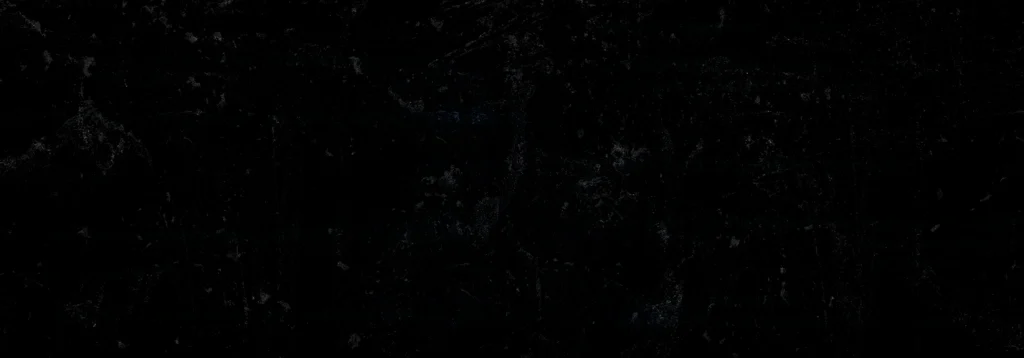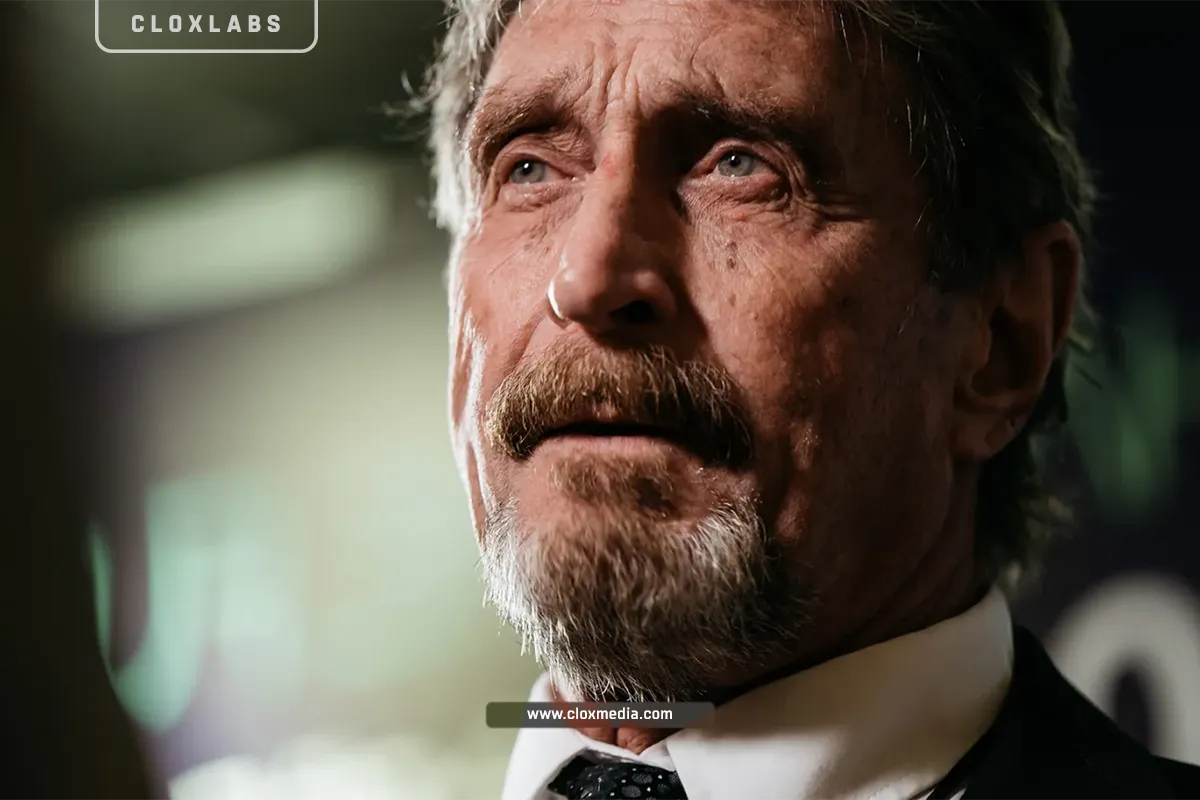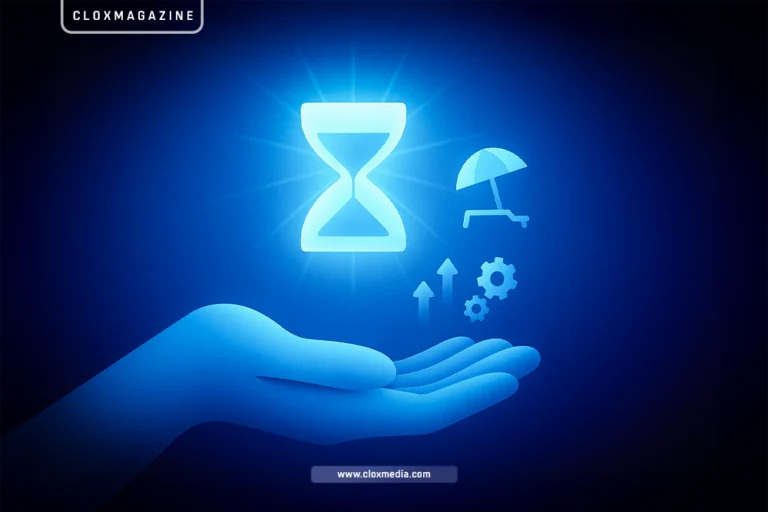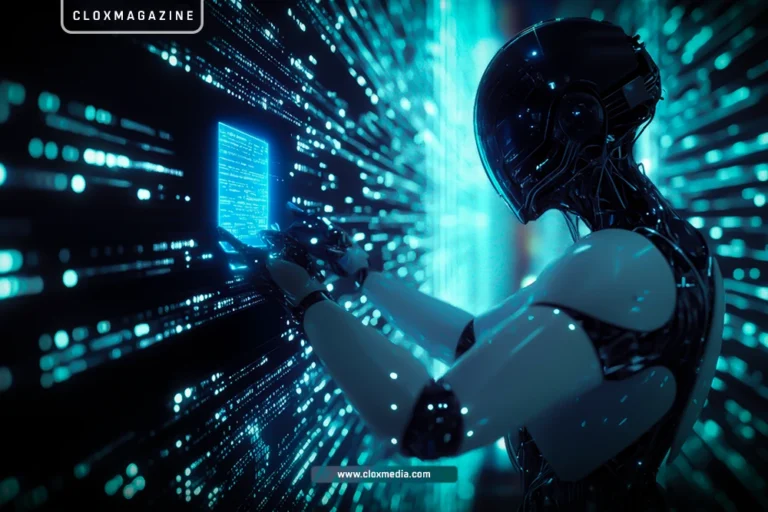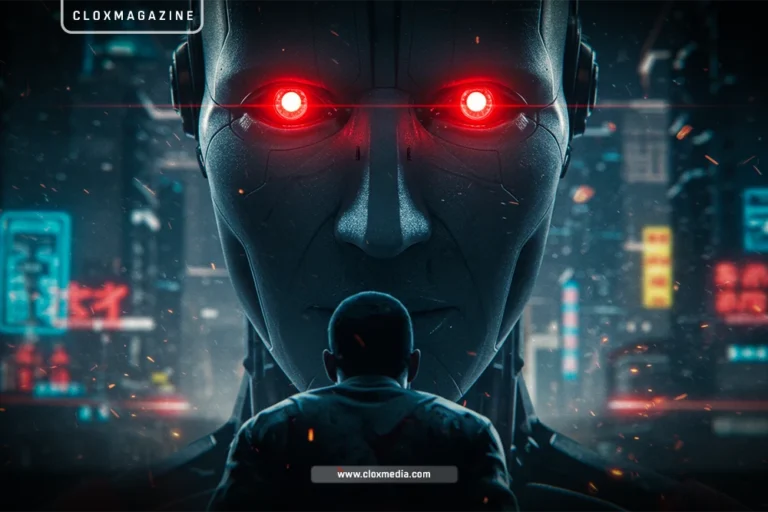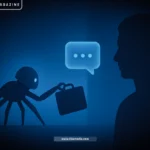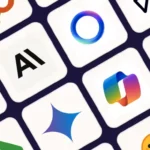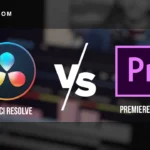Eight years ago… , a mysterious video surfaced on YouTube featuring John McAfee, the cybersecurity maverick who gave the world its first antivirus software. Titled simply as an interview “about blockchain, bitcoins and cyber security”… With less than one million views, so technically it didn’t go viral—many folks never even heard of it. Yet, in that candid conversation from Romania, McAfee dropped bombshells that should’ve rattled companies, governments, and everyday smartphone users alike. He warned of a digital world teetering on the edge of chaos, with vulnerabilities so glaring they threatened the foundations of corporations and nations. So why didn’t we listen?
NOTE: This is an official Research Paper by “CLOXLABS“
Here at CLOXLABS, we’ve dug into that 2016 interview to unpack McAfee’s revelations. What we found is alarming: his predictions weren’t just wild rants—they were spot-on, backed by science, and ignored at our peril. This isn’t just a history lesson; it’s a wake-up call that’s still ringing today. Let’s dive into what McAfee revealed, why it mattered, and how the past eight years have proven him right.

John McAfee (1945–2021) was a British-American technology entrepreneur and cybersecurity expert. He founded McAfee Associates in 1987, creating the first commercial antivirus software, and later served as CEO of MGT Capital Investments. A vocal commentator on digital security, he ran for U.S. president i
The Digital Spy in Your Pocket
McAfee didn’t mince words: “There is no security whatsoever” in the digital world. Picture this—he’s sitting there, watching people glued to their phones, and he says, “While you are watching your phone, your phone is watching you.” It’s not a conspiracy theory; it’s a design feature. Operating systems, he explained, are built to track your every move; where you are, who you’re texting, what you’re saying. Sure, it’s handy when your phone suggests a sushi joint around the corner because it knows you’re hungry and love Japanese food. But that same system is a goldmine for hackers.
For individuals, a compromised phone means emptied bank accounts, stolen identities, or drained Bitcoin wallets. For companies, multiply that risk by every employee with a smartphone. And at the nation-state level? McAfee warned that countries have spent billions “weaponizing software” to cripple power grids with the push of a button. “This is not science fiction,” he insisted. “This is real.”
The Proof Eight Years Later…
He wasn’t wrong. In 2021, the Pegasus spyware scandal exposed how mobile devices could be turned into surveillance tools, targeting everyone from journalists to heads of state. Back in 2014, the iCloud hack laid bare celebrities’ private lives, showing how easily personal data slips through the cracks. And nation-state attacks? The 2015 Ukraine power grid hack left 230,000 people in the dark, courtesy of Russian cyber operatives. McAfee saw the storm coming—why didn’t we batten down the hatches?
All Ads on this website are served by GOOGLE
Antivirus: A Broken Shield
Here’s where McAfee really shook things up. The guy who invented antivirus software in the ’80s looked at the industry he birthed and said, “It doesn’t work.” Traditional antivirus, he argued, is a reactive relic—by the time it catches malware, the damage is done. Hackers, he pointed out, don’t just barge in with a virus; they spend weeks or months “sniffing around,” mapping systems before striking. Waiting for malware to show up is like locking the barn door after the horse has bolted.
A Proactive Fix
McAfee’s solution? Stop chasing malware and start hunting hackers. He described how intruders slip through firewalls (which always have holes) and “sniff” networks—behavior that’s abnormal and detectable. He was even working on a device called Sentinel to spot these red flags in seconds, texting the CIO: “Hey, a hacker’s in your system… Do something!” It’s about targeting the human behind the code, not just the code itself.
The Science Says
Research backs him up. A 2020 Ponemon Institute study found that 68% of organizations hit by endpoint attacks had antivirus installed… it just didn’t stop the breach. Modern threats like zero-day exploits laugh in the face of signature-based defenses. Today’s cutting-edge tools, like Endpoint Detection and Response (EDR), align with McAfee’s vision: they watch for suspicious behavior, not just known malware. He saw the future; we just didn’t see him.
All Ads on this website are served by GOOGLE
Nation-States and the Power Grid Panic
McAfee’s most chilling warning was about cyber warfare. He claimed nations like Russia, China, and the U.S. could “destroy the power grid in any other nation” with weaponized software. Lose power, he said, and within a year, “you’ll be living in a cave, wearing animal skins.” No emergency services, no food production, no communication… just CHAOS…
History’s Receipts
He wasn’t exaggerating. The Ukraine attack was a warm-up; the 2021 Colonial Pipeline hack showed how a single cyber strike could choke fuel supplies across the U.S. East Coast.
These aren’t isolated incidents… they’re proof of what McAfee called a “horrific” reality. Companies relying on critical infrastructure and governments banking on stability ignored him at their own risk.
Privacy: The Crumbling Cornerstone
McAfee scoffed at the idea that “if you have nothing to hide, you have nothing to fear.” Privacy, he argued, isn’t about guilt—it’s about harmony. “If everybody knew everything about everyone else, we would have chaos in the streets,” he said, half-joking about spouses shooting each other. He saw our phones and cloud services as privacy’s gravediggers.

The Cloud Conundrum
Take cloud storage. McAfee asked a simple question: “Why would we put valuable data there?” You don’t know where it’s stored, who’s watching it, or how it’s secured. It’s like handing your secrets to a stranger and hoping for the best. He wasn’t anti-cloud; he just wanted control, like decentralized systems where users pick their data’s home.
All Ads on this website are served by GOOGLE
The Fallout
The 2019 Capital One breach, exposing 100 million customers’ data via a misconfigured cloud server, screamed McAfee’s point. The 2020 SolarWinds attack, infiltrating government and corporate systems through the cloud, doubled down. Companies betting big on cloud tech didn’t hear him—and they paid the price.
Educate Yourself or Bust
McAfee didn’t just point fingers; he challenged us. “Educate yourself about these little devices”… he urged. Responsibility can’t be outsourced; we’ve got to own our security. He also pushed for hiring hackers—white hats who know the enemy’s playbook. “If you don’t have hackers on your team, you’re lost,” he said.
Today’s Takeaway
Bug bounty programs at Google and Facebook prove he was right—ethical hackers are gold. But back in 2016, companies stuck to hiring buttoned-up grads over self-taught mavericks. McAfee saw the shift coming; the industry didn’t.
Why We Tuned Him Out
So why did McAfee’s warnings flop? Maybe it was his wild reputation—running for president as a stunt, inviting hackers to attack him. Maybe his alerts drowned in the noise of 2016’s headlines. But here’s the kicker: he wasn’t wrong. The threats he flagged have grown fangs—mobile hacks, grid attacks, data breaches—and we’re still playing catch-up.
At CLOXLABS, we’re not here to say “I told you so.” We’re here to shout what McAfee did: wake up! Our digital lives hang by a thread, and the fixes he pitched—proactive tech, self-education, hacker alliances—aren’t optional anymore. Eight years ago, we had a chance to brace ourselves. Today, we’re out of excuses.
CLOXMAGAZINE, founded by CLOXMEDIA in the UK in 2022, is dedicated to empowering tech developers through comprehensive coverage of technology and AI. It delivers authoritative news, industry analysis, and practical insights on emerging tools, trends, and breakthroughs, keeping its readers at the forefront of innovation.

